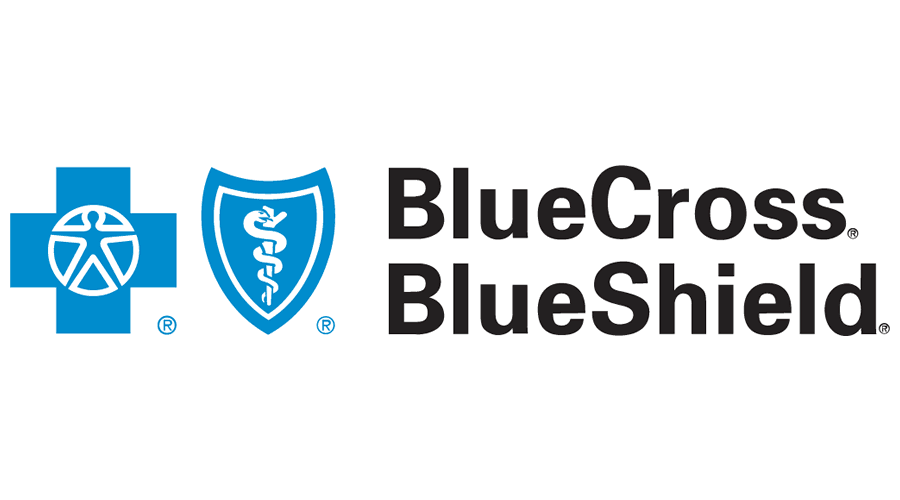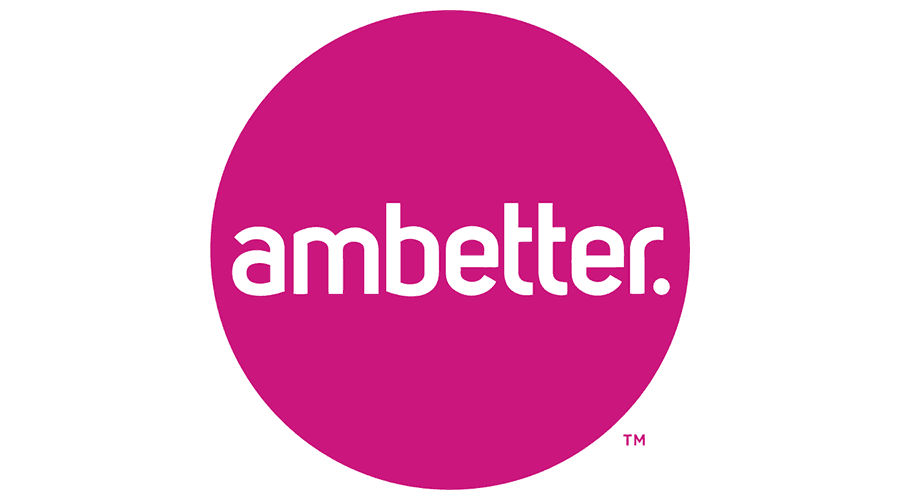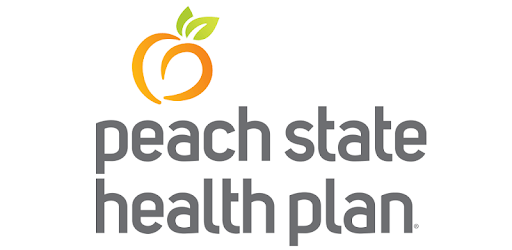An annual gynecologic (GYN) exam is a routine annual wellness check-up for women’s health. It ensures that you’re healthy inside and out, empowering you to take control of your well-being. This comprehensive exam not only detects certain health issues but also prevents future ones, laying the groundwork for lifelong health and wellness. All appointments include a birth control consultation and access to women’s health exams, ensuring comprehensive care tailored to your needs.

ERC welcomes all clients, regardless of their ability to pay. We accept self-pay, private and public insurance. For those who are uninsured, we can help you determine whether you qualify for financial assistance, based on the ability to pay.
We Take The Following Insurance
|
|
Meditation
Is beneficial for women’s bodies by reducing stress, balancing hormones, improving sleep, managing pain, boosting immunity, promoting heart health, and enhancing emotional well-being.
Hydration
Drinking water is vital for women’s health as it supports hydration, skin health, weight management, urinary health, kidney function, joint health, digestive health, and exercise performance.
Support System
Friends and maintaining social connections can have profound benefits for women’s health, including emotional support, stress reduction, improved mental health, longevity, healthier habits, a sense of belonging, and enhanced cognitive health.
Exercise
Incorporating regular physical activity into daily life can lead to significant improvements in overall health and well-being for women of all ages.
Why Do You Need An Annual Women's Health Evaluation
It’s completely understandable to feel anxious before your first annual woman’s exam, but it’s important not to delay scheduling your appointment. You should schedule your first women’s wellness visit
when you become sexually active or when you turn 21. You should also schedule an exam if you experience any menstrual irregularities or pelvic pain.
An annual women’s health exam is the only way to detect early stages of cervical cancer, and it’s the first line of defense against diseases of the female reproductive system. That’s why it’s so important to be diligent with scheduling your annual women’s health evaluation.
What to Expect During Your First Well Woman Exam
A well woman exam will start like any other doctor’s appointment. You will be asked to fill out paperwork with questions about your family medical history, any medications you’re taking, general demographic information, your menstrual cycle, whether or not you’re sexually active, and if you’ve been pregnant before. A clinician will take your height, weight, and blood pressure and may ask follow-up questions about your intake forms. They will then give you a dressing gown and leave the room so you can change.
There are four parts of the well woman exam: the physical exam, breast exam, pelvic exam, and pap smear.
Physical Exam
The physical exam is much like what your general practitioner would do during an annual physical, but it can be more convenient to get your physical done at the same time as your well woman exam. Your provider will review your medical history and ask about any current issues. They will check your vital signs, heartbeat, lungs, head, neck, abdomen and reflexes. Sometimes they will ask for blood work or a urine sample.
Breast Exam
Breast exams help detect early signs of breast cancer. During the breast exam, your provider will look for lumps or irregularities in your breasts. They will also teach you how to perform a self-examination, which you should do once every month.
Pelvic Exam
The dreaded pelvic exam helps detect early stages of cancer, sexually transmitted diseases, and any causes of inflammation. During the pelvic exam, your provider will ask you to lie down with your feet elevated on leg rests. Your provider will examine the outside of your vagina for redness, irritation, discharge, and any signs of other conditions. Then, they will examine the size and position of your ovaries, uterus, cervix, and vagina by inserting the fingers of one hand into the vagina while the other hand presses down on your abdomen from the outside. Women 21 and older should get a pelvic exam once per year. If you are under the age of 21, you should get a pelvic exam if you experience menstrual irregularities, vaginal discharge, or pelvic pain.
Pap Smear
A pap smear helps to detect early forms of cervical cancer. Your provider will insert a small brush or spatula to gently scrap a tissue sample from the cervix while the speculum is in place. A pap smear shouldn’t be painful, but you will likely feel a brief pinching sensation. If you are 21 or older, or are sexually active, you should have a pap smear test done every other year.
Schedule Your First Well Woman Exam
We know that many women feel anxious about their annual wellness check-up especially if it’s your first. At ERC, we try to make your first annual women’s health evaluation comfortable and easy, so we can detect irregularities and concerns as early as possible. Contact us today at (404) 526-1145 to schedule your annual women’s preventive care















